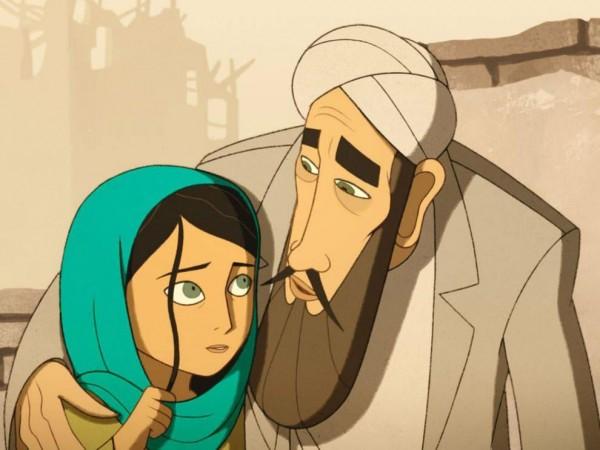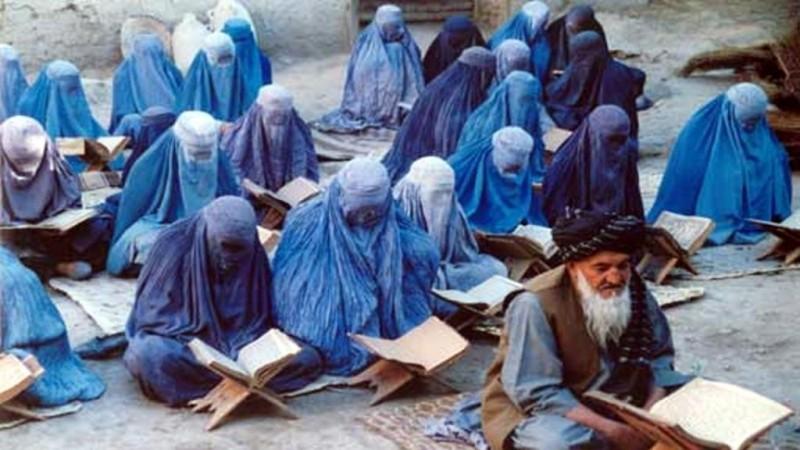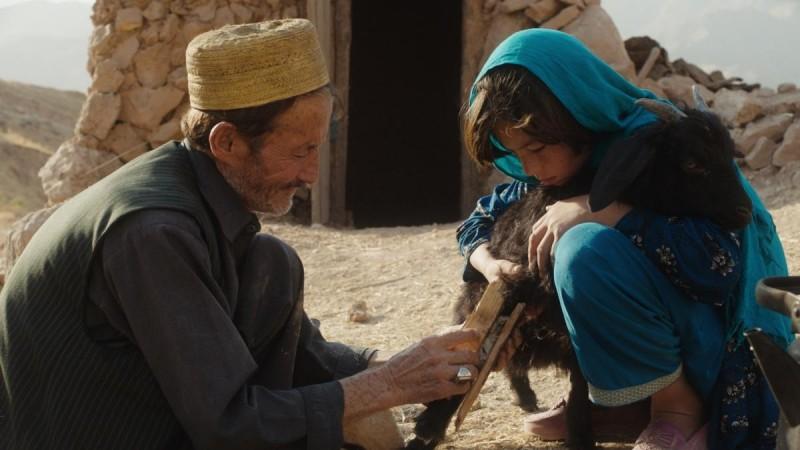Sahraa Karimi, Afghan filmmaker and the only woman in Afghanistan who has a Ph.D. in cinema and filmmaking hasn't fled Afghanistan like most people she knows. Sahraa who took over as the first female chairperson of the Afghan Film Organization in 2019, made several films on the plight of Afghan women including award-winning Afghan Women Behind the Wheel and Hava, Maryam, Ayesha.
On August 16, she took to her Twitter to express her views. Sharing several images of people trying to flee the country, she stated, "All the ways to go to the world and come to the world are closed to us. A world that progresses day by day; And we who go back every second, every day to prove that we are still sincerely loyal to barbarism, backwardness and entrenchment. And a nation that does not appreciate it; God takes everything from him. (translated from Persian using Google translator)."
She furthered, "I want to shout every day: curses to the day that the world, insiders and strangers are stabbing from all sides; That displacement, homelessness and door to door is our destiny. They killed, took, ate and sold. We were left, alone, helpless, hopeless, hopeless."
Last year, in November 2020, Afghanistan celebrated its first-ever film festival. Under Sahraa's guidance, as the chairperson, Lajward National Film Festival invited 55 films made by Afghan and foreign filmmakers, reported Tolo News. Selected movies for the festival went on screen in 15 places in Kabul. However, little did anyone predict what was coming their way in the near future.
Afghanistan in moving pictures

No one can tell a story better than the one who has lived the story. In the last two decades, the world of cinema has seen the conflict-stricken Afghanistan in many a film from documentary to feature. Afghan cinema that had nearly gone under the radar, post the formation of the Taliban, revived during the early 2000s. However, very few native Afghanis dared to tell it all, like nobody else.
India, the USA, Russia, France, Denmark, all have tried to carry an image of Afghanistan in their films. Back home, films like Escape from Taliban, Kabul Express, Torbaaz, Kandahar (Malayalam) and Khuda Gawah show glimpses of Afghanistan with an Indian connection. Most films made by the USA captured the US-Afghanistan war zone including Zero Dark Thirty and seldom did a story like The Breadwinner focused completely on the lives of Afghani people. In 2020, a documentary made by Carol Dysinger, Learning to Skateboard in a Warzone (If You're a Girl) won her the Oscars in that category.
For Afghan, from Afghan

Apart from the popular cinema about the country including The Kite Runner and Osama, here are films that were unique in their conception.
At Five in the Afternoon, a unique story of an Afghani woman trying to get an education with the dream of becoming the President of her country someday. The film written by Irani filmmaker Mohsen Makhmalbaf and directed by his daughter Samira Makhmalbaf was the first film that was shot in Afghanistan after the NATO invasion post 9/11. The women of Afghanistan, freed of the Taliban rule, hesitated to show their faces in front of the camera. And hence, the search for Afghani actors to act in the film gave birth to a documentary Joy of the madness revolved around the trials and tribulations faced by the couple in persuading people to take part in their film. Nevertheless, the film was completed and released in 2003 and made its way to film festivals including Cannes. The story of Nogreh (protagonist) of the film, takes its audiences through the refugee crisis in Afghanistan right after the USA had invaded their country.

Directed by Afghan filmmaker Shahrbanoo Sadat, Wolf and Sheep was the result of her life as a refugee in Iran who was moved to a Central Afghanistan village from the city of Tehran after her parents, decided to move back to their land. Wolf and Sheep, based on diary entries by Anwar Hashmi won the Cannes's Art Cinema Prize. During an interview, she says, "I was so tired of watching the same kind of films that were coming out of Afghanistan..." The film tells the story of children in rural Afghanistan who are told folklores of wolves and sheep and what happens one day when an outsider arrives.

















